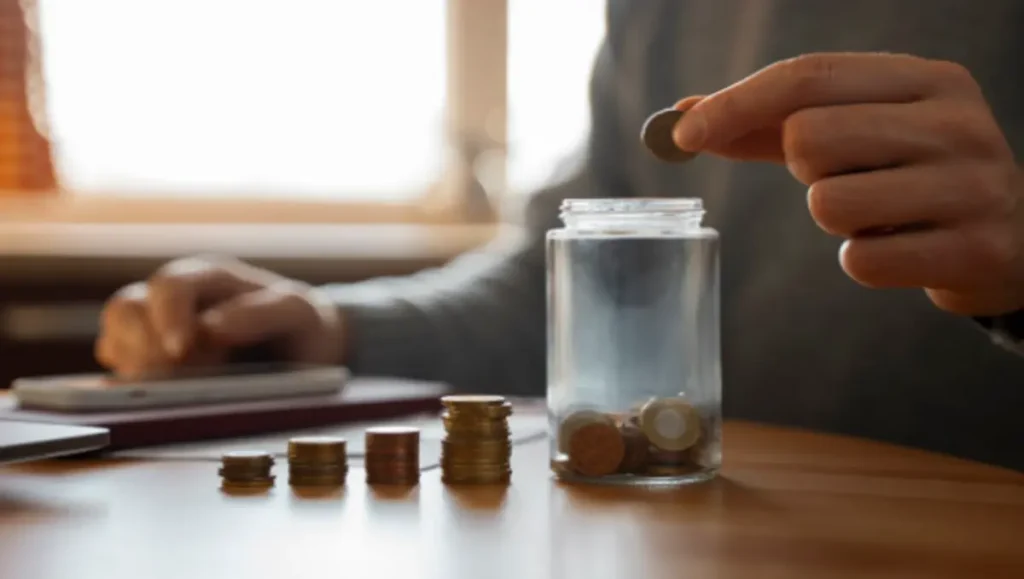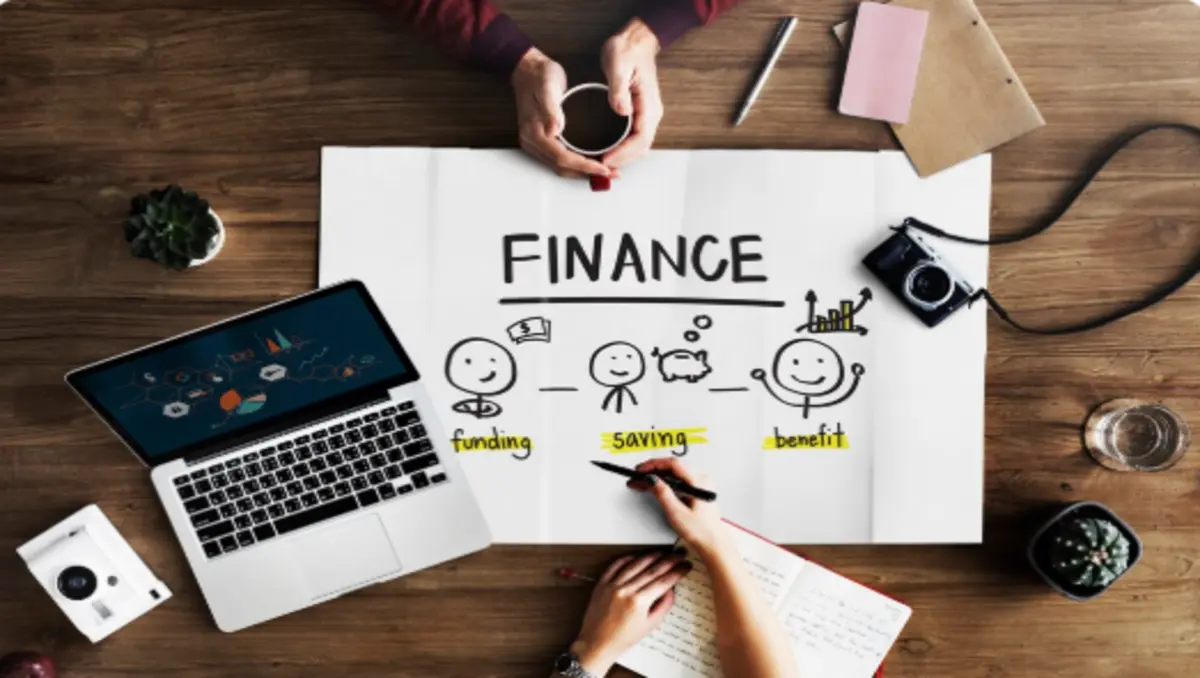When people hear personal finance, most instantly think of complicated budgets, endless spreadsheets, or boring lectures about money. But honestly, it’s not that scary. Personal finance is really just about making small choices with money that add up to big differences over time. It’s like taking care of your health—you don’t need to be an expert doctor, you just need to build good daily habits.
Why Money Management Matters
Isipin kung gagastusin mo ang iyong buong sweldo bawat buwan sa sandaling makuha mo ito, at sa katapusan ng buwan ang iyong balanse sa bangko ay nagiging halos zero. Pagkatapos ay biglang, ang iyong bike ay nangangailangan ng pag-aayos o isang medikal na bayarin ay lalabas. Ang antas ng stress ay tumataas, tama ba? Nakita kong nangyari ito sa isang malapit na kaibigan. Hindi siya nasira dahil sa mababang kita-nasira siya dahil hindi siya nagplano.
That’s the whole point of personal finance. It’s not about being rich overnight. It’s about having control, so money doesn’t control you.
Track Your Spending (Even the Small Stuff)
One of the most powerful things you can do is simply track your expenses. Trust me, the shock is real when you see how much goes into “small” stuff. I have noticed that food delivery and random online orders cost more money than I thought.
You don’t need fancy apps or software. Even a pen-and-paper list or a simple phone note works. The idea is: when you see where your money goes, your brain automatically becomes more cautious. Suddenly, that late-night coffee order doesn’t feel so harmless anymore.
Saving Doesn’t Mean Sacrifice
A lot of people think saving money means saying goodbye to fun. But honestly, it’s about balance, not sacrifice. One method I found helpful is dividing income into three parts:
- Needs (rent, groceries, bills)
- Wants (movies, eating out, travel)
- Savings (future security)
One of my friends does this religiously. He told me, “I never feel guilty spending on wants because I save first.” And he’s right—When you save upfront, spending the rest of the money feels guilt-free.

Let Your Money Work for You
Saving is step one. But if you stop there, your money just sits idle. Investing is where the real magic happens. It doesn’t have to be huge—small, consistent investments make the difference.
I remember a colleague who started investing ₹2000 monthly in a mutual fund SIP during his first job. It sounded tiny at the time, but years later, the growth was clear. When I asked why he began so early, he said, “Because time is the best investor.” That line stuck with me. Even if you start small, consistency builds wealth.
Dealing with Debt the Smart Way
Debt is like fire. Useful if controlled, destructive if ignored. A cousin of mine once kept paying only the “minimum due” on his credit card. At first, he felt safe, but within months the interest piled up and became a headache. He had to cut all luxuries just to clear it.
If you have debt, especially high-interest ones like credit cards, make them your priority. Pay them off fast, even before you think about fancy investments. Freedom from debt feels lighter than you can imagine.
Don’t Skip the Emergency Fund
If there’s one lesson the pandemic taught us, it’s this: life is unpredictable. Jobs, health, business—nothing is guaranteed. That’s why an emergency fund is a must.
Think of it like a cushion. Even a small amount equal to one or two months of expenses gives peace of mind. Over time, aim for three to six months of expenses. Jab life flips suddenly, you’ll be glad you prepared.
Say No When Needed
Here’s a truth no one tells you: sometimes the smartest money move is simply saying no. No to peer pressure, no to buying the latest gadget, no to spending just to keep up with others.
I remember when almost all my friends upgraded their phones. For a moment, I felt left behind. But my old phone was still working perfectly fine. I skipped the upgrade and kept that money aside. A year later, I used those savings for something more meaningful—a short trip with family.You might have also noticed—real happiness comes from experiences and stability, not just shiny things.
Set Your Bigger Goals
Personal finance isn’t just about today. It’s also about tomorrow. Maybe you want to buy a house, send your kids to college, travel abroad, or retire early. Whatever it is, those dreams need money and planning.
Here’s a simple exercise: write down your top three financial goals. Keep them visible—maybe on your wall or phone wallpaper. When your goals are clear, your daily money choices naturally start to align.
Remember: Personal Finance Is Personal
There’s no one “perfect” system. Some people love detailed budgets; others prefer just saving a fixed percentage every month. Some invest aggressively; others stay conservative.
And that’s okay. Personal finance is personal. Don’t blindly copy others. Experiment, adjust, and find what fits your lifestyle. The only rule is: stay consistent.

Conclusion
At the end of the day, personal finance isn’t about being the richest person in the room. It’s about freedom. Freedom from the stress of bills. Freedom from the fear of emergencies. Freedom to spend on things you love—without guilt.
Read more
Faq’s
1. What is Personal Finance?
It’s not just saving money — it’s managing how you earn, spend, save, invest, and plan for the future.
2. Should I save first or invest?
Both. Even small savings can go into investments like SIPs or FDs. Saving without investing loses value to inflation.
3. Why keep an Emergency Fund?
I learned the hard way during a medical issue. Having 3–6 months of expenses saved keeps you stress-free in tough times.
4. Is debt always bad?
Not really. A home or education loan can be useful, but credit card debt or personal loans can become traps if mismanaged.
5. How do I learn Personal Finance?
Start small — track expenses, cut waste, invest regularly. Mistakes will teach you more than books alone.
6. When should I plan for retirement?
The earlier, the better. Thanks to compounding, even small investments in your 20s can build a huge retirement fund.

1 thought on “Personal Finance: A Simple Guide In 2025”